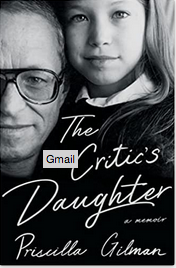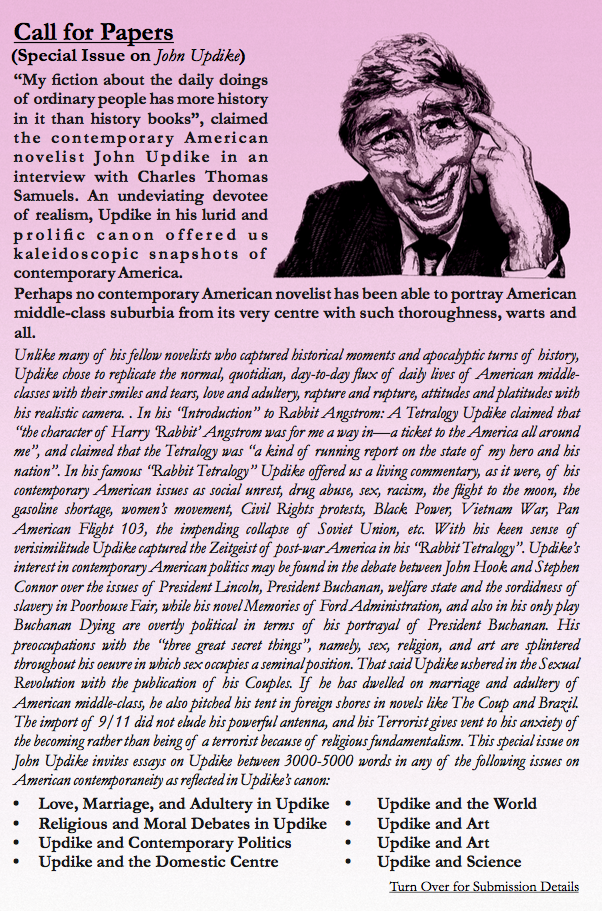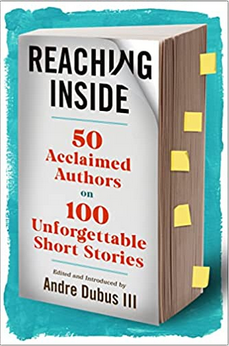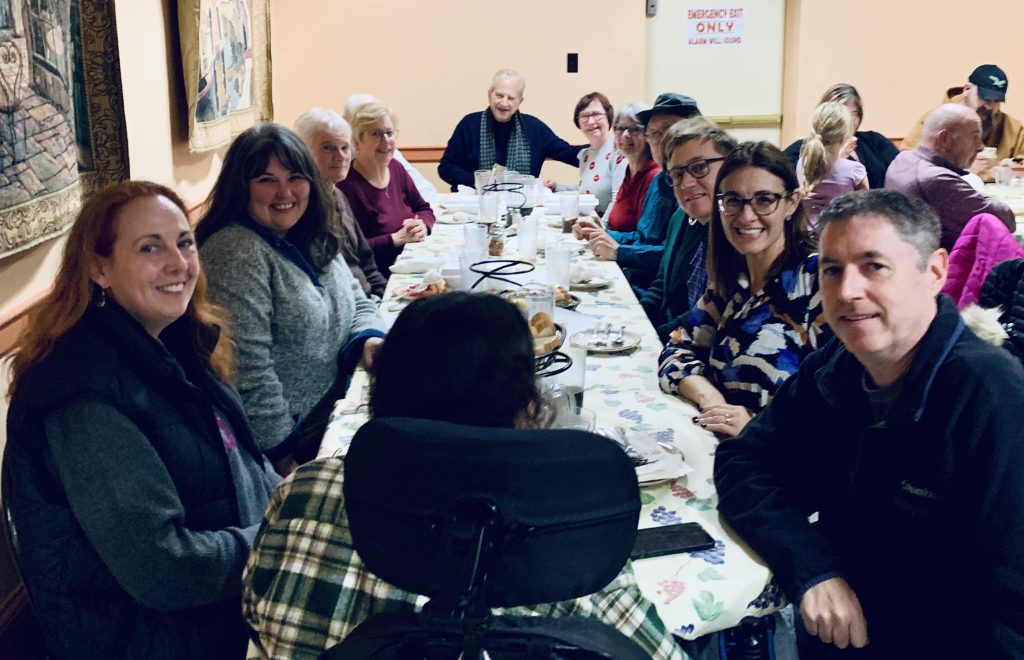Biljana Dojčinović, University of Belgrade, recently published this critical notice of the most comprehensive Vermeer exhibit ever assembled, which she was kind enough to translate for us:
The largest Jan Vermeer’s exhibition has been opened in Rijksmuseum in Amsterdam on February 10, 2023:
“The 28 Vermeer paintings are presented in a spacious setting that spans all ten galleries of the museum’s Phillips Wing. In 11 thematic sections, the exhibition brings visitors closer to Vermeer and offers rich insights into the life and paintings of Vermeer, including: early ambitions, first domestic interiors, balance between the indoor and outdoor worlds, the letters, musical seduction, outlook on the world and inner values,” says Taco Dibbits, General Director of the Rijksmuseum.
This, largest ever, exhibition of Vermeer will be open until June 4th, 2023.
The “master of light” had a great impact on John Updike and his fiction, as pointed out in James Plath’s seminal article “Verbal Vermeer: Updike’s Middle-Class Portraiture.” Plath named Updike a Verbal Vermeer when exploring the visual aspects of Rabbit novels. The phrase itself is an ingenious way to describe Updike’s complete opus. The alliteration and assonance (Verbal Vermeer) point to the poetical aspects of the pun, while its meaning connects the medium Updike uses (words) with his favorite painter – Vermeer – mentioned many times especially in his early work.
Vermeer is for the first time mentioned in Updike’s fiction in the early story “Lucid Eye in Silver Town,” in which a boy travels with his father to New York hoping to buy a book on Vermeer. In Updike’s second novel, The Centaur, published in 1963, the young protagonist, Peter Caldwell, wants to become a painter, and not “just any” painter, but Vermeer himself:
“In those days the radio carried me into my future, where I was strong: my closets were full of beautiful clothes and may skin as smooth as milk as I painted, to the tune of great wealth and fame, pictures heavenly and cool, like those of Vermeer. That Vermeer himself had been obscure and poor I knew. But I reasoned that he had lived in backward times. “ (Updike 1993: 62)
In the poem “Midpoint” Vermeer is grouped with some other painters and visual artists, including Walt Disney:
Praise Disney, for dissolving Goofy’s stride
Into successive stills our eyes elide;
And Jan Vermeer, for salting humble bread
With Dabs of light, as well as bricks and thread. (Updike 1995: 96)
In the essay “Verbal Vermeer,” Plath names domesticity – i.e., the importance of objects which are equal to humans, the usage of light and the phenomena of “dynamic stasis” – as methods that Vermeer and Updike had in common. Domesticity refers to the people Vermeer had presented at his canvases: the cozy life of middle class in the 17th century Delft, in what was later named genre painting. Plath emphasizes the importance of objects, which were not merely a background for Updike:
Because he treated objects and humans equally, the former acquired a sense of importance, and the latter a kind of memorialized stasis – each “favored” by the artist’s even, modulated light. (Plath 1998: 208)
James Plath argues that Updike makes the traditional archetypal connection of light with the truth, deliverance, knowledge, and transfiguration – in contrast to darkness and shadows. Thus the usage of light is actually a connection with the Creator: both Vermeer and Updike like to dwell at the first and most sensual level of creation, the moment closest to the birth of an object (see Plath 1998: 221). According to Plath, light also means present. Further, he de- scribes the present tense as something like “dynamic stasis.”
The similar effect is poetically presented in Wislawa Szymborka’s poem “Vermeer”[1] :
So long as that woman from the Rijksmuseum
in painted quiet and concentration
keeps pouring milk day after day
from the pitcher to the bowl
the World hasn’t earned
the world’s end.
(translated from Polish by Clare Cavanagh and Stanislaw Baranczak)
1] Wislawa Szymborska, the Literature Nobel Prize winner for 1996, was a great friend of Blaga Dimitrova, the poet who had been the prototype for Updike’s 1965 story, “The Bulgarian Poetess.”
References
Dibbits, Taco https://www.rijksmuseum.nl/en/press/press-releases/vermeer-exhibition-opens-at-rijksmuseum
Plath, James. “Verbal Vermeer: Updike’s Middle-Class Portraiture.” Rabbit Tales: Poetry and Politics in John Updike’s Rabbit Novels. Ed. Lawrence R. Broer. Tuscaloosa: The University of Alabama Press, 1998. Online at https://digitalcommons.iwu.edu/eng_scholarship/42/
Szymborska, Wislawa “Vermeer.” https://jasongoroncy.com/2012/03/07/vermeer-by-wislawa-szymborska/
Updike, John. The Centaur. New York: Fawcett Crest, Ballantine Books, 1993.
——“Midpoint.” Collected Poems (1953–1993). New York: Alfred A. Knopf, 1995.
Other Sources
A Guide Through Vermeer narrated by Stephen Fry
News about the Exhibition
https://edition.cnn.com/videos/arts/2023/02/14/johannes-vermeer-exhibition-amsterdam-rijksmuseum.cnn











